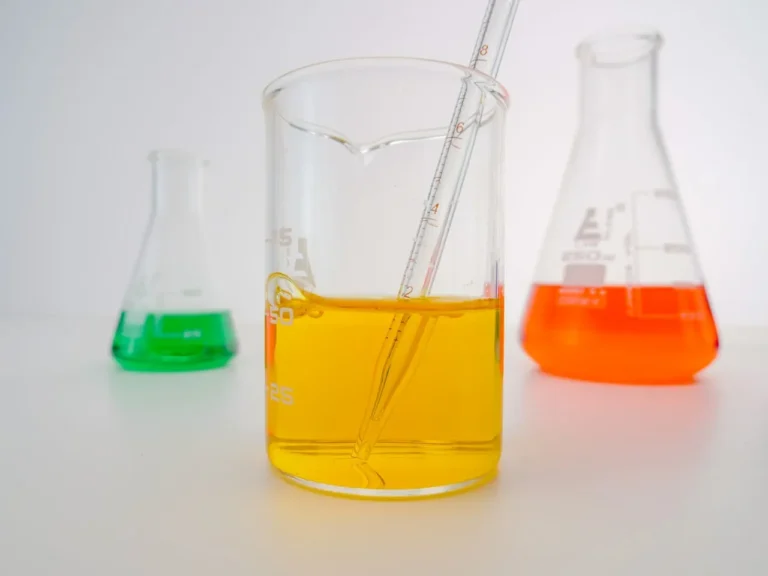
Merck, a leading science and technology company, saw a return to organic sales growth in Q2 2024. EBITDA pre remained stable organically compared to the previous year, which had been boosted by one-time effects. Excluding these effects, EBITDA pre would have also grown organically.
“We promised to return to organic growth in 2024, and the second quarter confirms our progress,” said Belén Garijo, Chair of the Executive Board and CEO of Merck. “Our business dynamics and assumptions point to continued growth for the rest of the year. Consequently, we are raising our forecast for 2024 at the Group level and for our Healthcare and Electronics sectors.”
Due to strong performance in Healthcare and Electronics, Group sales in Q2 2024 increased by 1.7% organically. However, foreign exchange effects, particularly from the U.S. dollar, negatively impacted sales by 0.7%. Overall, Group sales rose by 0.9% to €5,352 million.
EBITDA pre decreased organically by only 0.8%, reaching €1,509 million, despite a higher comparative base from the previous year, which included one-time effects. Additionally, a provision of a mid double-digit million euro for terminating the xevinapant program negatively impacted EBITDA pre in Q2 2024. There were also negative foreign exchange effects of 2.1%. The total decrease compared to the previous year was 2.9%. Without the one-time effects from a patent agreement in OLEDs with UDC and the xevinapant termination provision, EBITDA pre would have grown in the mid-single digit percentage range in Q2 2024. The Group EBITDA pre margin was 28.2%, and earnings per share pre remained stable at €2.20 compared to the previous year.
On July 31, 2024, Merck completed the acquisition of Mirus Bio, a U.S. life science company specializing in transfection reagents for viral vector manufacturing. This US$600 million acquisition enhances Merck’s portfolio for developing and manufacturing novel modalities such as cell and gene therapies.
Life Science: Order Intake Recovery and Organic Sales Growth
In Life Science, sales declined organically by 3.7%, totaling €2,258 million in Q2 2024. This decline was primarily due to ongoing inventory destocking by Process Solutions customers and decreased Covid-19-related demand. However, Process Solutions saw an organic decrease of 11.8%, an improvement from a 19.0% decrease in Q1 2024. Order intake in this unit improved both sequentially and year-over-year. Merck expects Process Solutions sales to recover in the second half of 2024 as inventory destocking ends. Science & Lab Solutions and Life Science Services both delivered organic sales growth of 1.4% and 8.2%, respectively.
EBITDA pre for Life Science decreased organically by 6.1%, amounting to €655 million. This was mainly due to the decline in Process Solutions sales and a lower share of high-margin products, partially offset by strict cost management. The EBITDA pre margin for Life Science was 29.0%. Compared to Q1 2024, both EBITDA pre and the EBITDA pre margin increased.
Healthcare: Solid Organic Growth from Oncology and CM&E
The Healthcare sector reported sales of €2,137 million in Q2 2024, growing organically by 5.3%. The Oncology franchise, including Erbitux, Bavencio, and Tepmetko, achieved organic sales growth. Mavenclad, for multiple sclerosis, grew organically by 1.3% compared to a high base from the previous year. The Cardiovascular, Metabolism, and Endocrinology (CM&E) franchise’s growth was driven by various factors, including market recovery in diabetes in mainland China.
EBITDA pre for Healthcare was €720 million, growing organically by 4.6% despite a higher base from portfolio management in the previous year. The xevinapant program termination provision negatively impacted Healthcare earnings. The EBITDA pre margin for Healthcare was 33.7% in Q2 2024.
Electronics: Growth Driven by Semiconductor Solutions
In Q2 2024, Electronics sales grew organically by 7.6%, reaching €957 million. This growth was primarily driven by the Semiconductor Solutions unit, with organic sales growth of 11.4%. Increased demand for semiconductor materials for artificial intelligence applications and advanced nodes, as well as equipment sales for customer plants within the Delivery Systems & Services (DS&S) unit, contributed to this growth. Merck expects a gradual recovery in the semiconductor materials market in the second half of 2024, although DS&S project phasing will partly offset this effect.
EBITDA pre for Electronics declined organically by 3.1%, reaching €255 million, due to a higher comparative base from a one-time patent agreement effect in OLEDs with UDC. Increased sales in the Semiconductor Solutions unit positively impacted EBITDA pre. The EBITDA pre margin for Electronics was 26.7%. Without the one-time effect, the EBITDA pre margin would have increased compared to the previous year.







